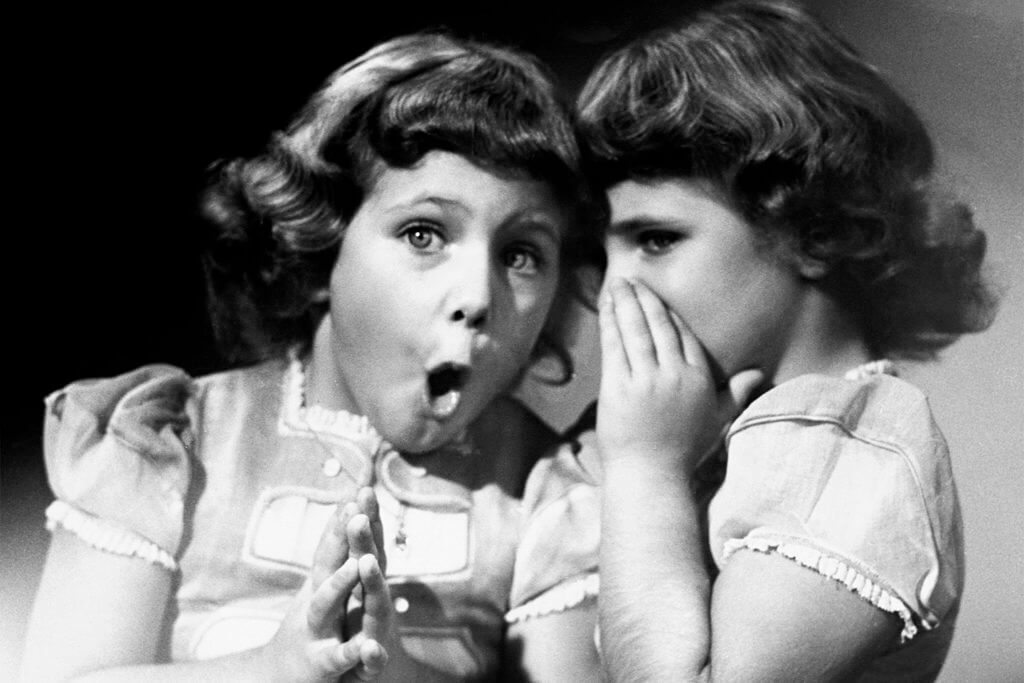
Consider most companies that are known widely for excellent customer service—think Zappos and Amazon—and you’ll find two-way chat at the core of their customer service strategy.
NB: This is an article from David Millili, CEO of Runtriz
Customer service star and carmaker, Lexus, uses live video chat to help its clients customize cars entirely online as well as schedule test drives. Apple, on the other hand, has launched Business Chat, which allows users to connect with and use Apple Pay to do business with companies they find on Maps, Safari, etc. The world’s leading companies have embraced chat capabilities for a reason. Customers want it. Consider the following statistics:
- Live chat customer satisfaction rates are over 80% for the past four years. (Statista)
- Based on 2018 data, Comm100 found that customer satisfaction rates, based on post-chat surveys, increased for the first time in three years to 83.1%, a lift of almost 2.5% from 2017. (Forbes)
- D. Power found that live chat has become the leading digital contact method for online customers. Forty-two percent (42%) of customers prefer live chat compared to just 23% for email and 16% for social media or forums. (Super Office)
- Demand for mobile chat continues to rise. Nearly 52% of chat queries, or more than 23 million chats, were initiated from a mobile device in 2018, up nearly 8% from 2017. (Forbes)
- In 2017, 43.78% of customers accessed live chat from mobile devices. (Comm100)
The statistics are compelling, and to be clear, the demand for live chat in hospitality is there. In terms of the volume of chat queries received from mobile devices, in particular, hospitality ranked third only behind the recreation and healthcare industries. As with most things that better serve guests, hotels reap the rewards too. Here are a few of the top reasons two-way chat benefits guests and hotels alike.
1). Two-way chat allows guests to multi-task. Consumers who prefer live chat report that not only do they get their answers quickly, they can also multi-task. This matters before and during their experience. Beforehand, guests want to be able to handle simple communications and book their reservations while going about their other business. On property, the ability to chat means that guests don’t have to step away from their activities to stop by the front desk or make a phone call. Chat helps them preserve their experiences and minimizes the nagging feeling that they are dealing with customer service issues or taking care of tedious business while they are trying to enjoy the trip. With two-way-chat, guests can be wandering the halls of a museum and remember that one extra guest is arriving tonight and they need sheets for the pullout sofa. While still on the museum tour, they can request the linens without missing a beat.
2). Consumer satisfaction soars when they use chat for customer service. According to a report by Zendesk, 92% of customers feel most satisfied during their buyer’s journey when using a live chat feature, compared to other options such as voice (88%), email (85%), and even social media messaging with Facebook satisfaction at 84% and Twitter at 77%. Guests suffer (as do your reviews) when they wait in lines at the front desk or when the phone system makes them jump through hoops to get to the department they need. Chat gives guests the sense they are the first in line. There is no transferring, no waiting. Simple person-to-person contact at the touch of a button.
3). Chat affords an ideal data collection mechanism. Personalization, perhaps the biggest buzzword of this decade, can only happen with data, and chat offers real-time data on guests. Hotels can analyze their responsiveness, gathering transcripts to understand what guests want when creating packages, or integrate the data into the CRM to personalize offers. Chat data is recordable in a way that other channels are not.
4). Chat goes directly to the bottom line. Live chats have consistently been documented as generating higher conversions and increasing revenue. Online chat increases conversions by +15% on average, regardless of rate or TripAdvisor ranking. Forrester notes that customers who chat before making a purchase tend to increase average order value by 10%, while conversion rates increase by 40% per chat hour. Properties with chat built into a native app have a greater ability to catch guests in moments of inspiration, which can boost their on-property spend. For instance, with time to debate a spa appointment, a guest might decide to go off property; whereas, the instantaneous ability to book an appointment via chat can seal the deal before the guest has moved on to other adventures.
By incorporating chat and messaging features within a native app (versus integrating third-party apps), hotels own the experience, data, and security. Further, hotels can provide messaging throughout the entire lifecycle, positioning the app as a useful tool that is likely to remain on their devices for the next trip. For larger brands, incorporating within the native app also means the functionality is scalable across properties.
But will guests download? Travel is among the few industries where apps are gaining in popularity. Phocuswright notes among the reasons for app adoption that guests appreciate the frictionless experience, user interfaces, push notifications, and access to loyalty rewards. With a good app, comes a greater likelihood a guest will book. “Travelers value UX highly: 85% say they would be more likely to book a trip with a brand that had a good app user experience. Conversely, if they had a bad app experience, 69% would be unlikely to book with that brand again”.
Owning the experience, from the app to the chat has dual dividends: happier guests and higher revenues.




